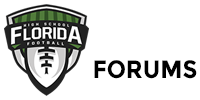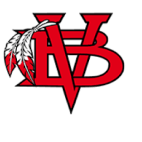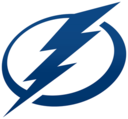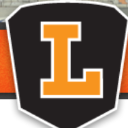Ref/rule questions
-
Posts
-
A heat index of 104 at kickoff, followed by a massive thunderstorm around halftime.
-
NFHS has a start time of 3:00pm for the Carol City/Lincoln game on Saturday August 16
-
By MarkECannon · Posted
Thanks for sharing. Watched it this morning. Really enjoyed it. Got to know the MNW culture better. Loved seeing Ice Harris going off. Amazing Taurean was able to improve his test score by approximately 200 points from one test to the next. Did I get that right? Enjoyed watching him walk around the UF campus as he started realizing his college dreams. Planning on going to my share of Bulls games this year. -
By DILLARDBOYZ954 · Posted
Soul bowl this year is going to be at key. But another must see game will be homecoming Miramar at Dillard. Huge crosstown rival game with the football teams & the bands. dillard is also known for having the biggest homecoming tailgate for a high school which starts with the homecoming parade, which leads back to the school and from then it’s a all out family reunion with over 60 tenants dating all the way back to class of 1940. -
By MarkECannon · Posted
Absolutely, would love to. The four kickoff classics and the Ely game.
-
-
Who's Online (See full list)
- There are no registered users currently online
-
Popular Contributors
-
1
-
2
-
3
-
4
-
5
-










Recommended Posts
Join the conversation
You can post now and register later. If you have an account, sign in now to post with your account.